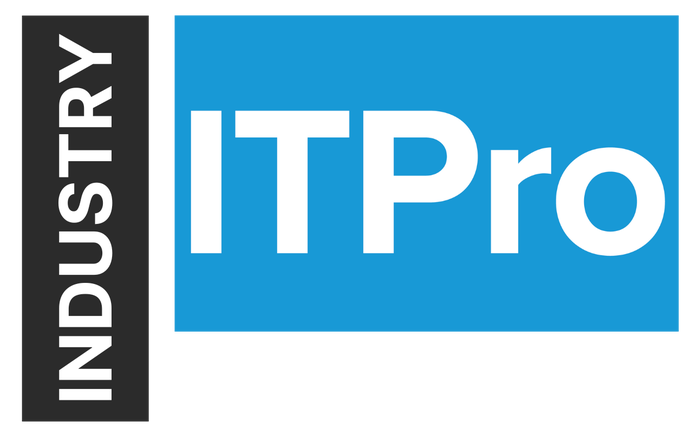
Insight and analysis on the information technology space from industry thought leaders.
Navigating Google’s Updated Cookie Policies To Safeguard User DataNavigating Google’s Updated Cookie Policies To Safeguard User Data
SMEs must navigate evolving privacy regulations and implement best practices like aggregated data collection, enhanced user consent, and limited data collection to maintain trust and avoid legal repercussions.
October 3, 2024

By Daniel Pearson, CEO at KnownHost
Google recently announced that it decided not to phase out third-party cookies that track users’ online habits. Instead, Google aims to offer users more informed choices about their data across their entire web browsing experience.
This decision has come in the wake of regulatory scrutiny. With 73% of businesses globally adopting at least one third-party cookie replacement solution, they must adapt to these evolving policies while maintaining user trust.
Privacy is now a necessity for browsers, and the growing demand is forcing businesses to rethink how they collect, manage, and secure user data.
What Is Google’s Cookie Retention Policy?
Cookies are small files stored on users’ devices that allow websites to remember users and their preferences.
There are two types: first-party and third-party.
Websites create first-party cookies when a user visits that store information like login credentials or language preferences to enhance user experience by making repeated visits more seamless.
Third-party cookies are set by external domains, typically for advertising purposes, and these track users across multiple websites to build detailed profiles of online behavior for better-targeted ad delivery.
Google’s decision to retain cookies while offering more user choice has broad implications. Small enterprises (SMEs) must understand this policy, as unlike large corporations, SMEs may not have dedicated teams to stay on top of privacy regulations or invest in complex data solutions.
Why Is User Privacy for SMEs Important?
Privacy concerns can directly impact business operations for SMEs, as a breach in privacy can significantly tarnish a company’s reputation, cause business losses, and break consumer trust.
Consumers are more aware than ever of their privacy and how data is collected, which is why federal privacy laws are in place to impose strict rules on how organizations handle user data.
For example, laws like the Health Insurance Portability and Accountability Act (HIPAA) and the Gramm-Leach-Bliley Act (GLBA) require companies to comply with health information and personal finance data protection.
All businesses must also adhere to the Federal Trade Commission Act (FTC), which regulates unfair or deceptive practices, which includes privacy and data security breaches.
Non-compliance can result in hefty fines that can financially devastate small businesses. In addition to regulatory risks, cyberattacks are on the rise, and hackers often target companies that do not have strong privacy and security measures.
Breaches can expose businesses to legal consequences but also severely impact customer trust. A survey found that 87% of consumers would not do business with a company if they had concerns about its security practices.
Implementing Privacy-First Measures
Companies can implement several best practices to adapt to Google’s new cookie policies and global privacy regulations and protect user privacy effectively:
Shift to aggregated data: This method collects information in bulk to ensure no specific user can be identified while allowing businesses to analyze trends and behaviors. For example, rather than tracking what individual users are doing on a website, companies can examine overall page views or conversion rates to reduce the risk of violating privacy standards.
Enhance user consent: Transparency with consumers is key, and they should have clear and accessible options to manage their privacy settings and consent preferences. Businesses should clearly explain how data is collected, what it’s used for, and how users can opt out of the collection. Transparency gives users more control over their data while enabling relevant advertising.
Limit data collection: Only absolutely essential data should be collected, as the more you collect, the greater the responsibility to protect it. This can increase the risk of compliance violations, but it can be reduced by minimizing privacy risk exposure through collection reduction.
How Cookies Will Affect the Future of Digital Privacy
Google’s evolving policies are just one part of the shift towards privacy-friendly advertising, and businesses need to monitor this trend and adapt.
Context-based advertising: As third-party cookies phase out, businesses may turn to context-based advertising, targeting ads based on the webpage contents rather than tracking users’ online behavior.
Privacy-centric advertising solutions: New technologies are emerging that prioritize user privacy while allowing businesses to deliver targeted advertising. For example, Google’s Privacy Sandbox is a set of privacy-focused tools designed to reduce reliance on third-party cookies while enabling targeted advertising.
Consent-driven advertising: Businesses that embrace user consent and offer clear, accessible privacy controls will likely stand out in a crowded market.
Stronger regulations: As privacy concerns grow, new laws may address cookies specifically. In the U.S., the California Consumer Privacy Act (CCPA) governs how cookies are used in the state and insists on corporate transparency and user consent.
About the Author
Daniel Pearson is CEO at KnownHost.
About the Author
You May Also Like








.jpg?width=700&auto=webp&quality=80&disable=upscale)
